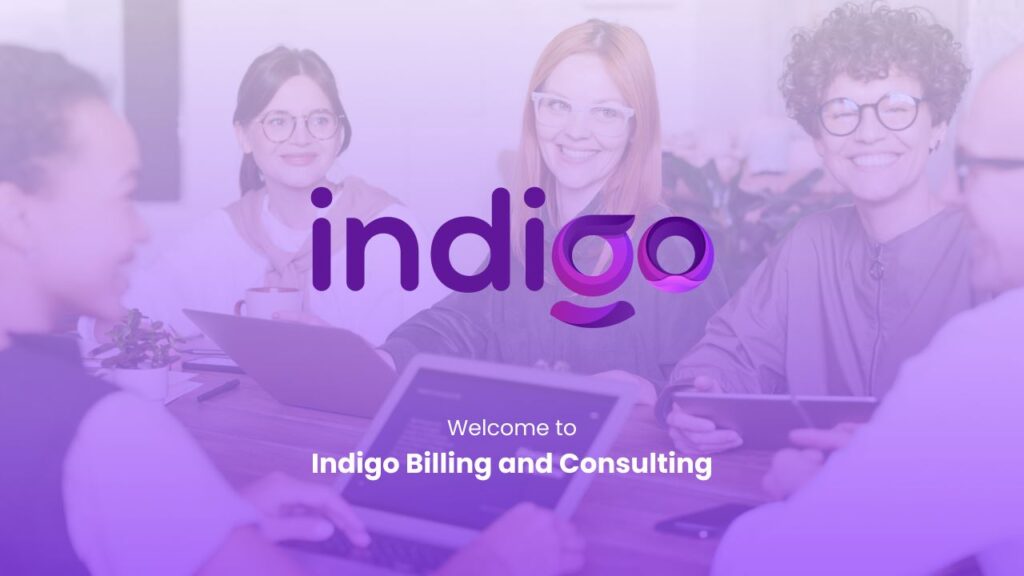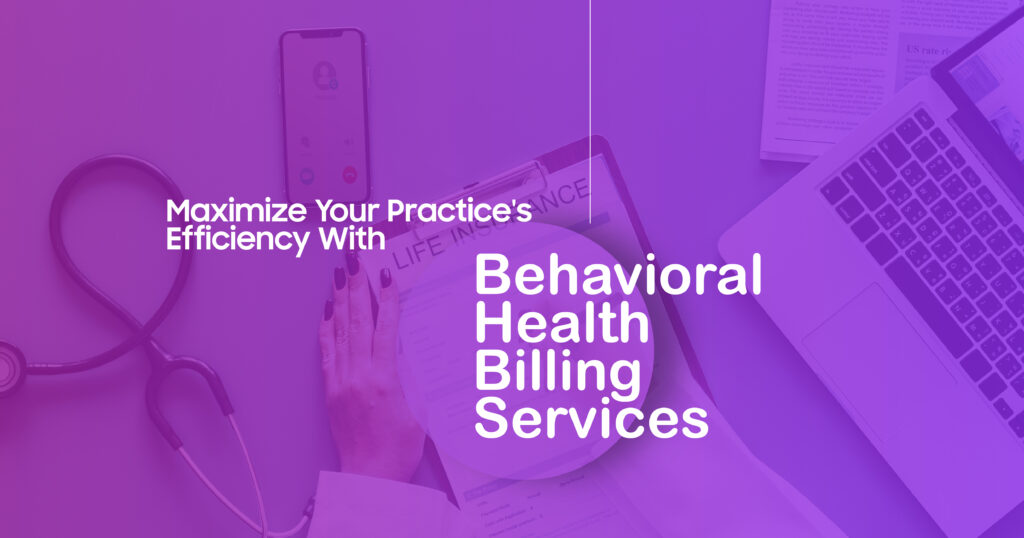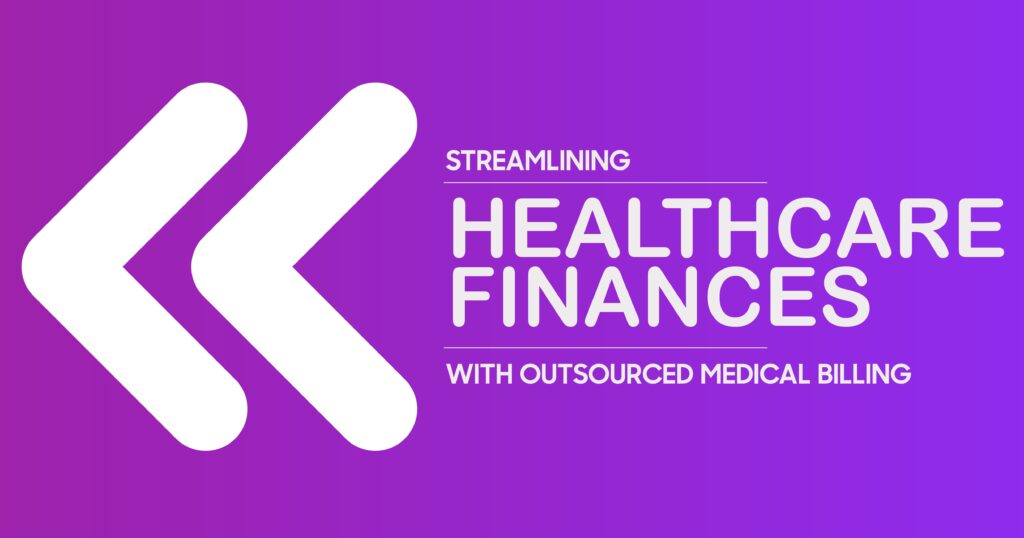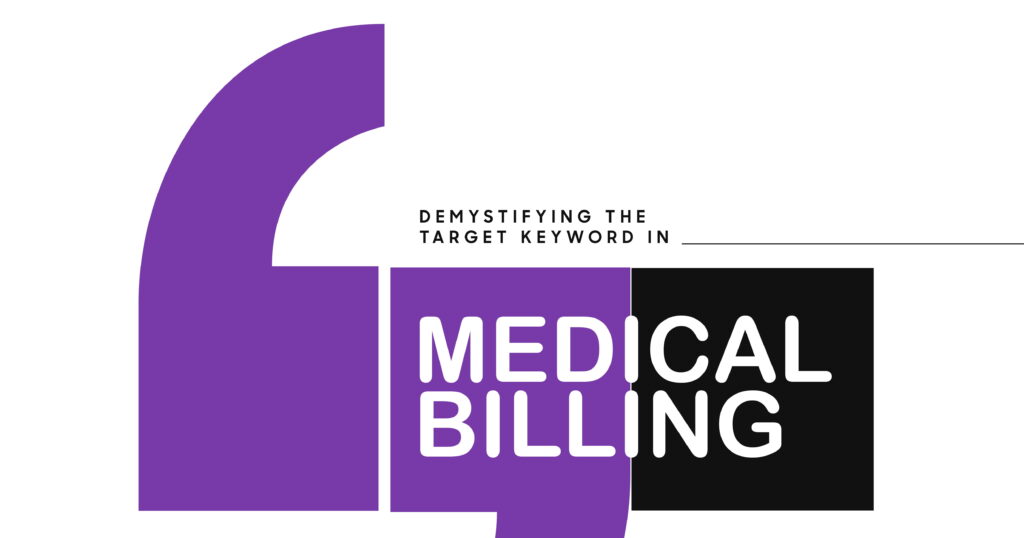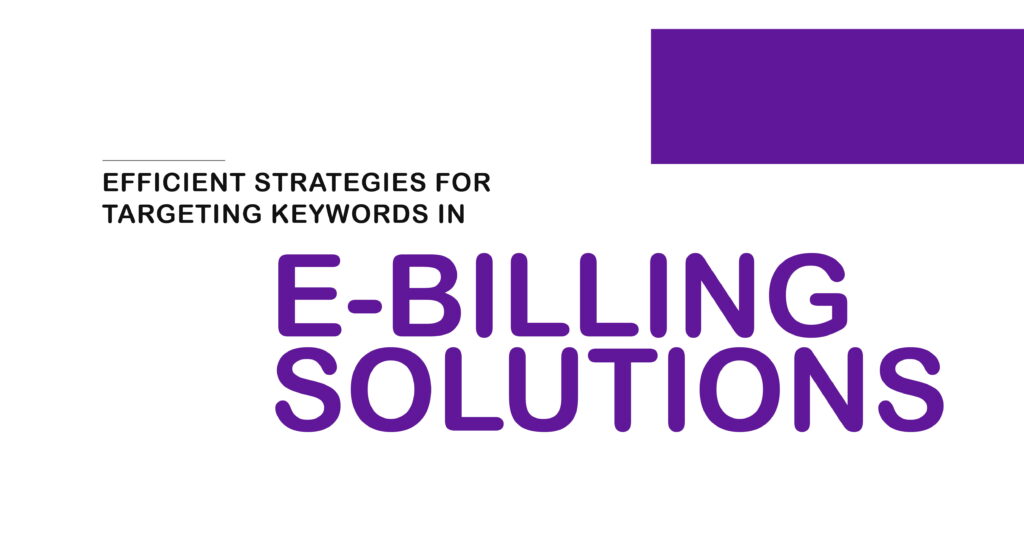Running a mental health practice involves more than providing exceptional care to patients – it requires efficient management of administrative tasks like billing. Behavioral health billing services streamline the financial side of your practice, allowing clinicians to focus on patient care while ensuring steady cash flow. These services handle the complexities of mental health billing, insurance claims processing, and the broader healthcare revenue cycle, addressing challenges unique to psychiatric and therapy practices.
By outsourcing to specialized medical billing solutions, practices can reduce errors, improve reimbursements, and enhance operational efficiency. This blog explores how behavioral health billing services can transform your practice, key features to look for, and how to choose the right provider.
What Are Behavioral Health Billing Services?
Behavioral health billing services are specialized medical billing solutions tailored to the needs of mental health and psychiatric practices. Unlike general medical billing, these services address the nuances of therapy billing support, telehealth billing, and patient billing services specific to behavioral health. They manage tasks like submitting insurance claims, verifying patient eligibility, coding diagnoses and procedures, and following up on denied claims. These services ensure compliance with regulations like HIPAA and stay updated on payer policies, which is critical for practices offering telehealth or treating conditions like anxiety, depression, or substance use disorders.
The American Medical Association notes that accurate billing is essential for healthcare providers to maintain financial stability, especially in behavioral health, where reimbursement rates can vary widely. By outsourcing to experts, practices can navigate complex payer requirements and reduce administrative burdens.
Key Features of Behavioral Health Billing Services
Effective behavioral health billing services offer a range of tools and processes to optimize your practice’s revenue cycle. Here are some critical features to expect:
- Accurate Coding and Documentation: Uses ICD-10 and CPT codes specific to mental health, ensuring claims align with payer requirements.
- Insurance Claims Processing: Handles claim submissions, follow-ups, and appeals to minimize denials and maximize reimbursements.
- Patient Billing Support: Manages patient invoices, payment plans, and collections while maintaining clear communication.
- Telehealth Billing Expertise: Addresses unique coding and reimbursement rules for virtual therapy sessions, a growing trend in mental health care.
- Compliance and Reporting: Ensures adherence to HIPAA and provides detailed financial reports to track practice performance.
| Feature | Description | Benefit to Practice |
| Coding Accuracy | Uses specialized codes (e.g., 90837 for psychotherapy) | Reduces claim denials |
| Claims Management | Submits and tracks claims across multiple payers | Speeds up reimbursements |
| Telehealth Support | Handles billing for virtual sessions | Expands service offerings |
| Compliance Monitoring | Ensures HIPAA and payer policy adherence | Minimizes legal risks |
| Financial Reporting | Provides revenue cycle analytics | Informs strategic decisions |
Benefits of Behavioral Health Billing Services
Outsourcing psychiatric billing services offers significant advantages for mental health practices.
First, it saves time – clinicians spend less time on paperwork and more on patient care.
Second, it improves cash flow by reducing claim denials and accelerating payments.
Third, it enhances accuracy, as billing experts stay updated on changing regulations and payer policies.

For example, the National Alliance on Mental Illness highlights that mental health providers often face reimbursement challenges due to inconsistent payer policies, making expert billing services invaluable.
Additional benefits include:
- Reduced Administrative Burden: Frees staff to focus on scheduling and patient engagement.
- Improved Patient Experience: Clear billing processes reduce confusion and improve satisfaction.
- Scalability: Supports practice growth by handling increased claim volumes.
- Cost Savings: Reduces the need for in-house billing staff and training.
By leveraging therapy billing support, practices can maintain financial health while delivering high-quality care.
Common Challenges in Behavioral Health Billing
Behavioral health billing presents unique obstacles that can disrupt cash flow if not addressed. These include:
- Complex Coding Requirements: Mental health services require precise CPT and ICD-10 codes, and errors lead to denials.
- Payer Variability: Different insurers have unique policies for mental health coverage, complicating claims.
- Telehealth Reimbursement: Virtual sessions involve specific modifiers and documentation, which can confuse untrained staff.
- Patient Payment Issues: High-deductible plans mean practices must collect more from patients, increasing administrative work.
- Compliance Risks: Failing to meet HIPAA or payer requirements can result in audits or penalties.
A 2023 study by the Journal of Medical Practice Management found that 60% of behavioral health claims are initially denied due to coding errors or incomplete documentation. Professional billing services mitigate these issues by employing certified coders and using advanced software to catch errors before submission.
| Challenge | Impact on Practice | Billing Service Solution |
| Coding Errors | High denial rates | Certified coders ensure accuracy |
| Payer Variability | Delayed payments | Expertise in payer policies |
| Telehealth Billing | Claim rejections | Specialized telehealth coding |
| Patient Collections | Increased workload | Streamlined patient billing processes |
| Compliance Risks | Legal penalties | Regular audits and training |
How to Select the Right Behavioral Health Billing Service?
Choosing the right billing service is critical to maximizing your practice’s efficiency. Consider these factors:
- Experience in Behavioral Health: Ensure the provider specializes in mental health billing, with expertise in psychiatric and telehealth services.
- Technology Integration: Look for services that integrate with your EHR system for seamless data transfer.
- Transparency: Select a provider offering clear reporting on claims, denials, and revenue.
- Customer Support: Prioritize services with responsive support to address issues quickly.
- Cost Structure: Evaluate pricing models (e.g., percentage of collections vs. flat fees) to ensure affordability.
Ask potential providers about their denial rates, turnaround time for claims, and experience with telehealth billing. A reputable service should demonstrate a track record of reducing denials and improving collections.
Elevate Your Practice With Indigo Billing
Optimizing your practice’s efficiency goes beyond patient care – it requires a robust financial strategy to keep operations running smoothly. By partnering with Indigo Billing, your practice gains access to expert behavioral health billing services that tackle the complexities of mental health billing, from insurance claims processing to telehealth reimbursements.
Our tailored solutions ensure your practice remains financially sound, allowing you to focus on delivering exceptional care. Ready to streamline your revenue cycle and boost your practice’s success?
Contact Indigo Billing today to learn how we can support your billing needs.

FAQs
What are the most common errors in behavioral health billing and how can they be avoided?
Common errors include incorrect CPT or ICD-10 codes, incomplete documentation, and missing prior authorizations. These can be avoided by using certified coders, implementing automated billing software, and conducting regular staff training. Professional billing services also perform pre-submission audits to catch errors early.
How does technology improve accuracy and efficiency in behavioral health billing services?
Technology like EHR-integrated billing software automates coding, claim submissions, and denial tracking, reducing human error. Advanced analytics identify patterns in denials, enabling faster corrections. This streamlines the healthcare revenue cycle and accelerates reimbursements.
What best practices are essential for effective behavioral health billing services?
Best practices include verifying patient insurance eligibility upfront, using accurate coding, and maintaining detailed documentation. Regular audits and staff training ensure compliance with payer policies. Outsourcing to specialists also enhances efficiency and reduces errors.
How do behavioral health billing services handle telehealth billing challenges?
These services use specialized codes and modifiers for telehealth, ensuring compliance with payer requirements. They stay updated on evolving telehealth regulations and verify coverage before sessions. This minimizes denials and ensures proper reimbursement for virtual care.
What future trends are predicted to impact behavioral health billing services?
Trends include increased adoption of AI for claims processing, expanded telehealth regulations, and value-based care models. These shifts will require billing services to adapt with advanced technology and expertise in new reimbursement structures. Staying ahead of these changes ensures practices remain financially viable.
